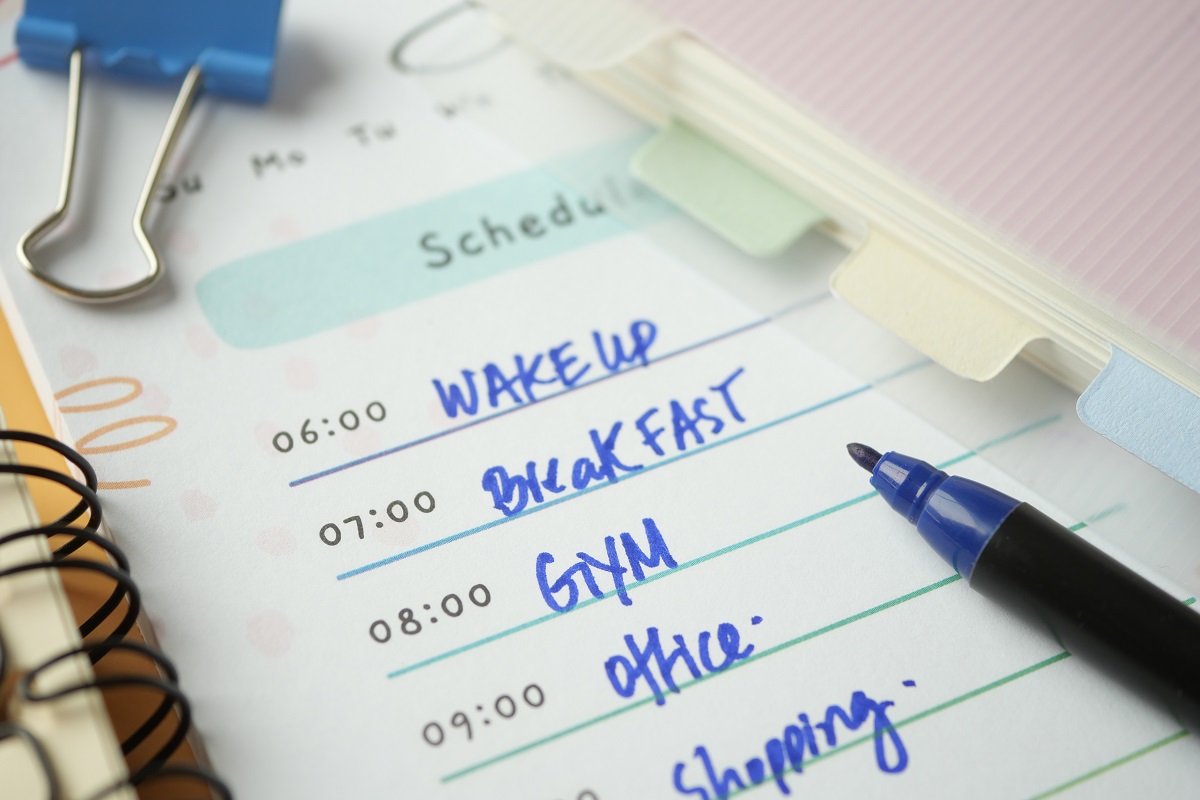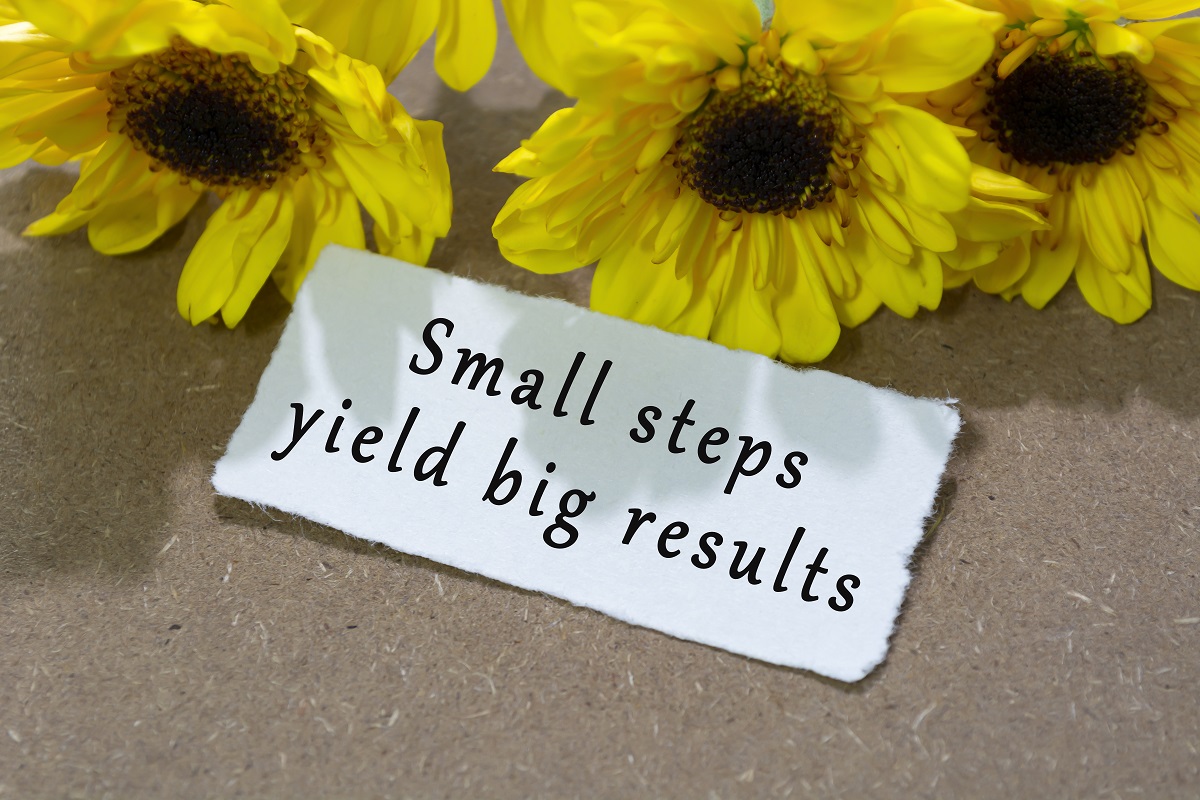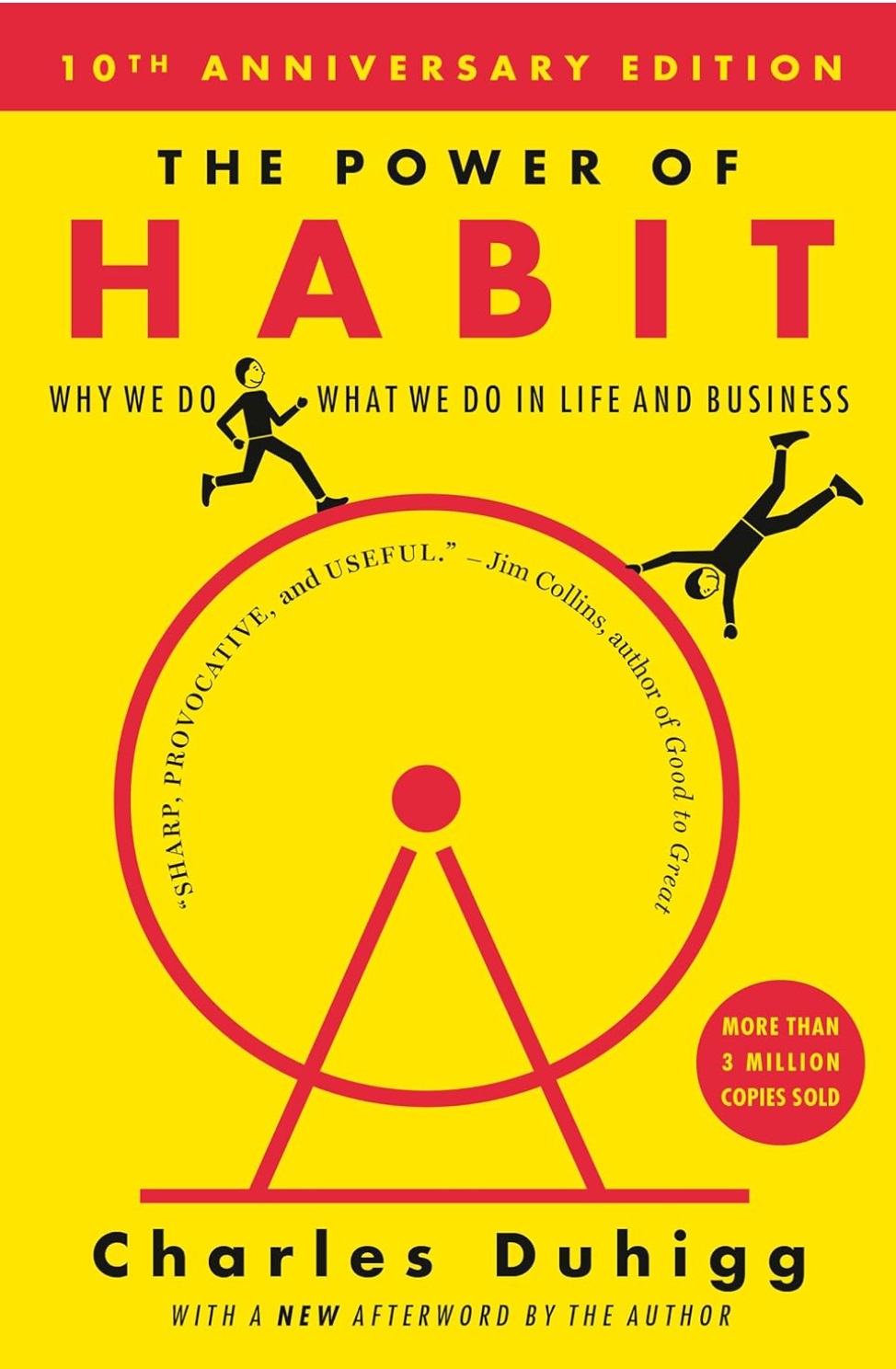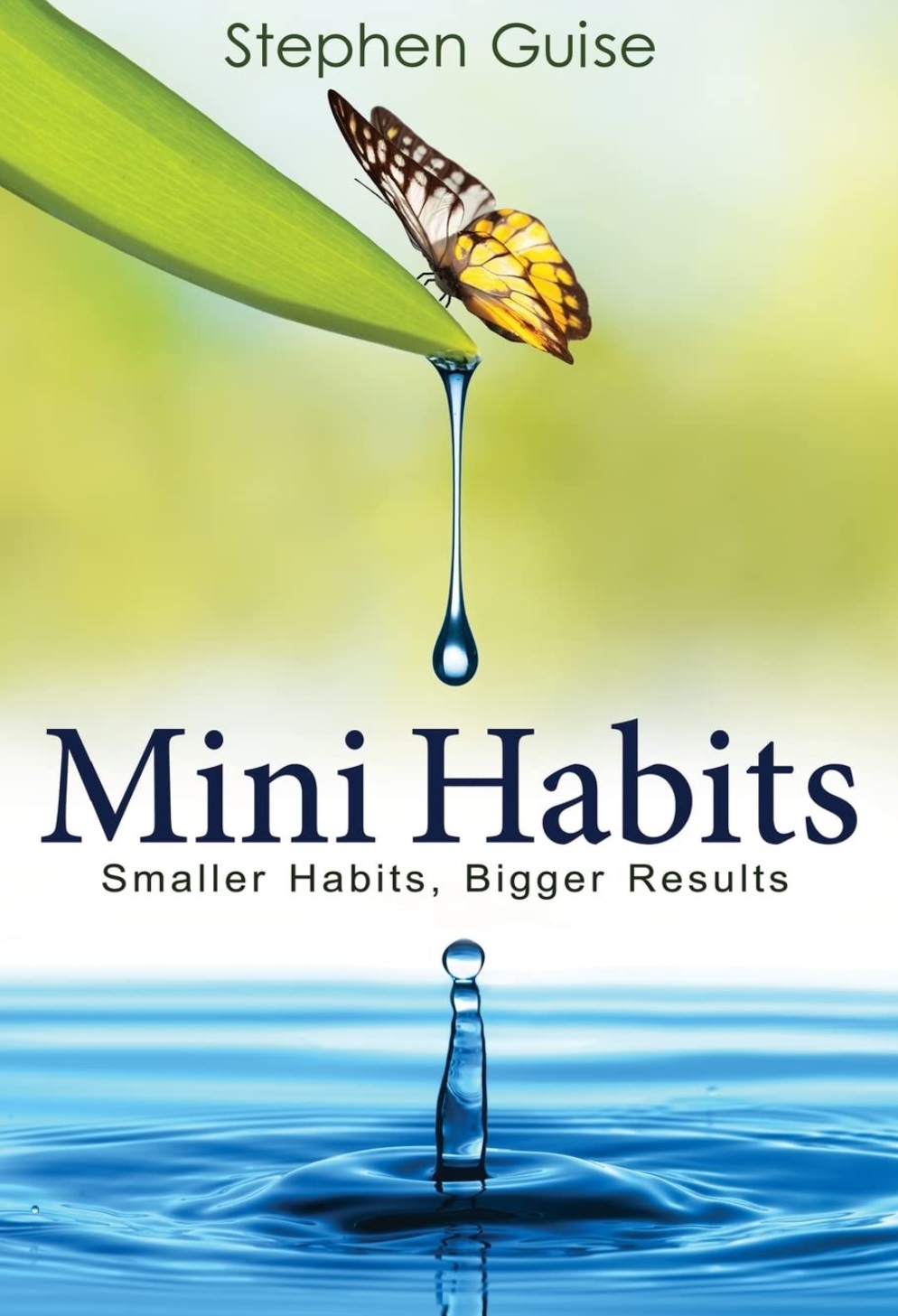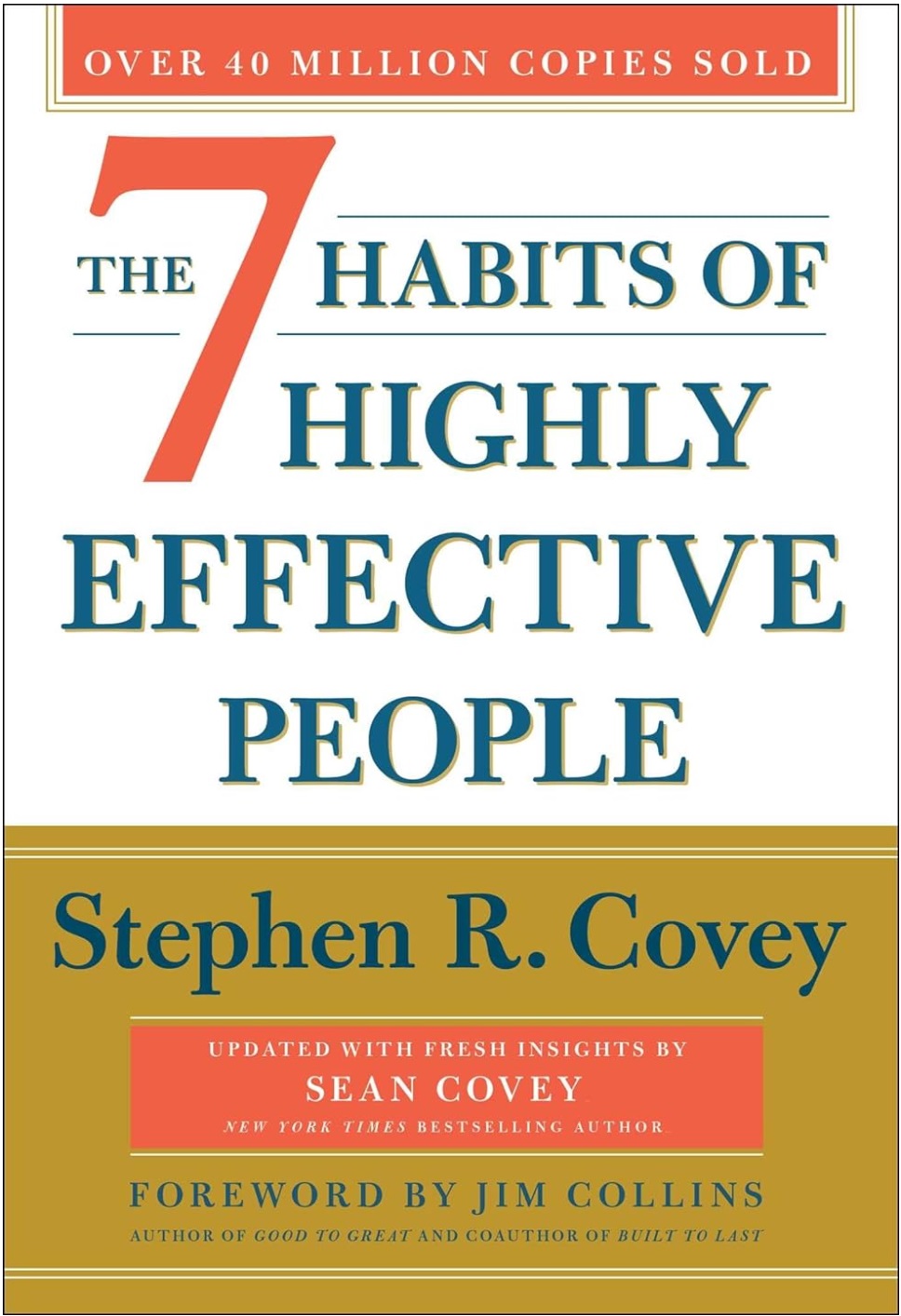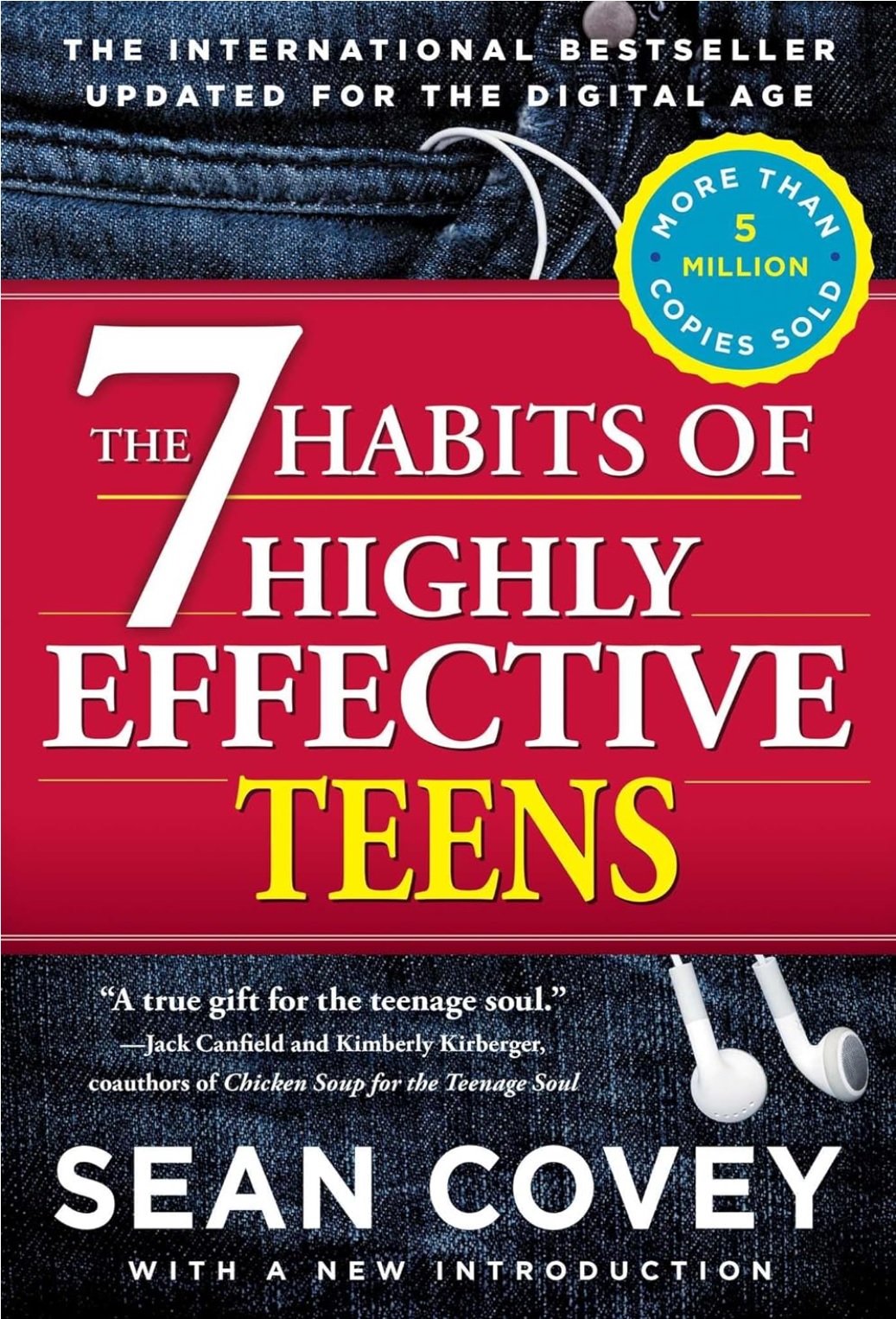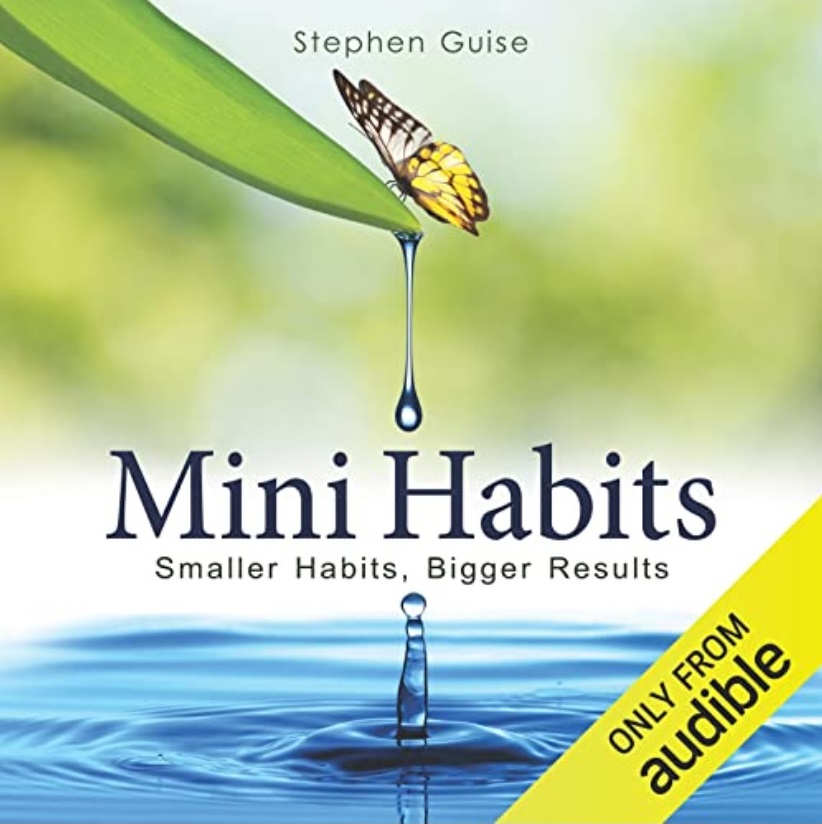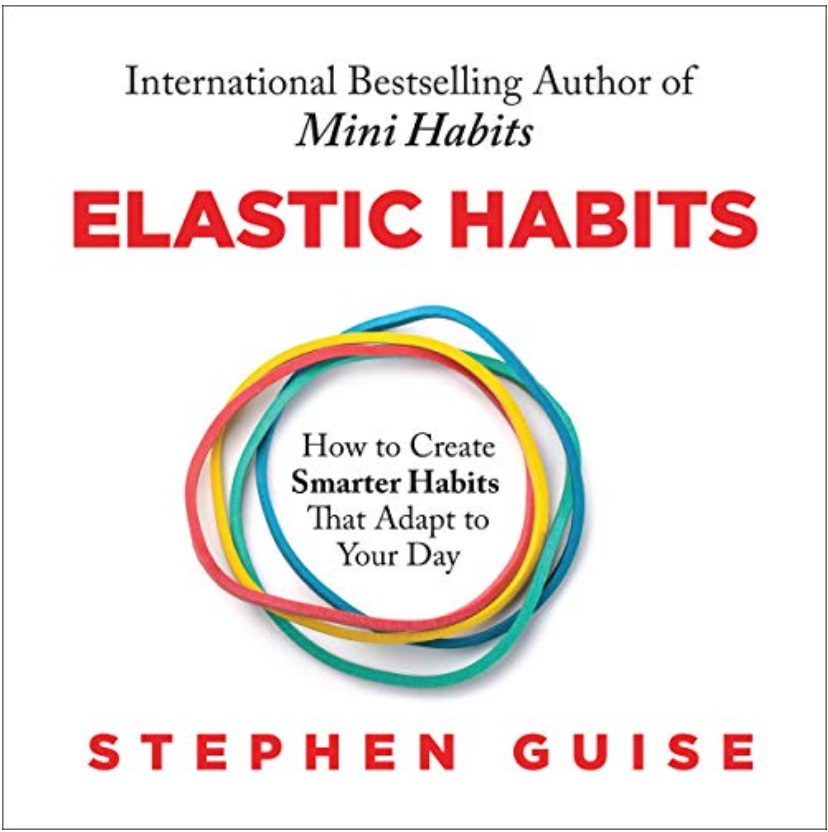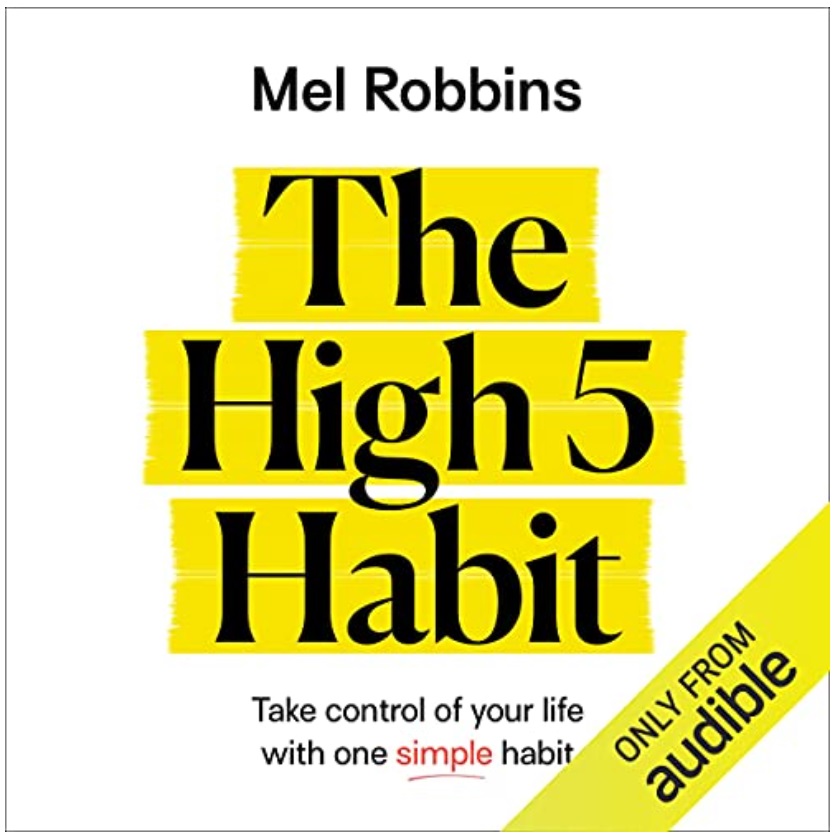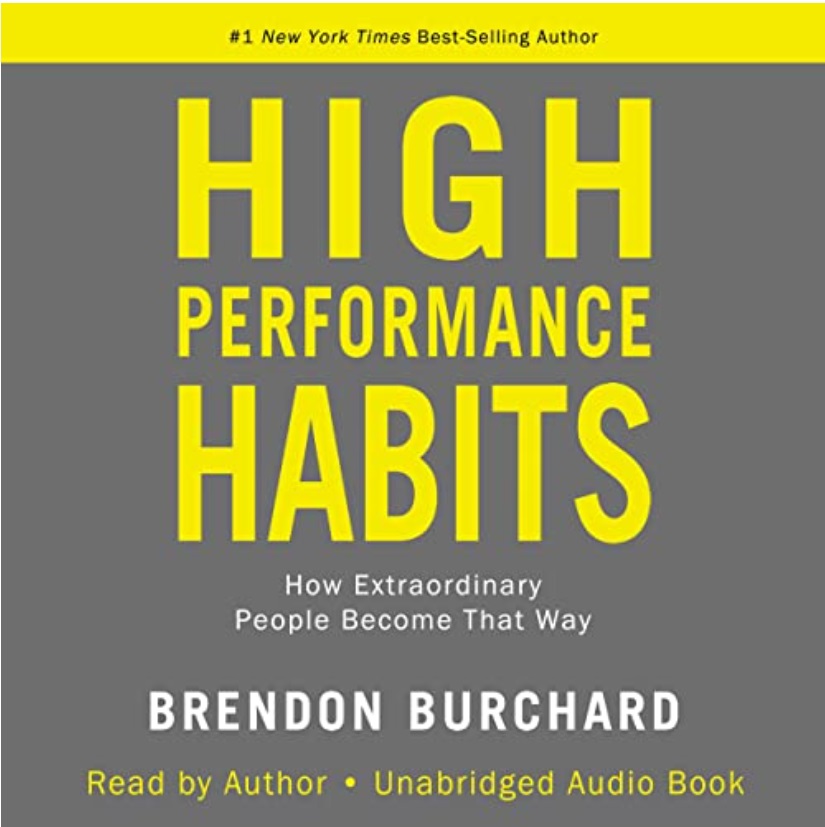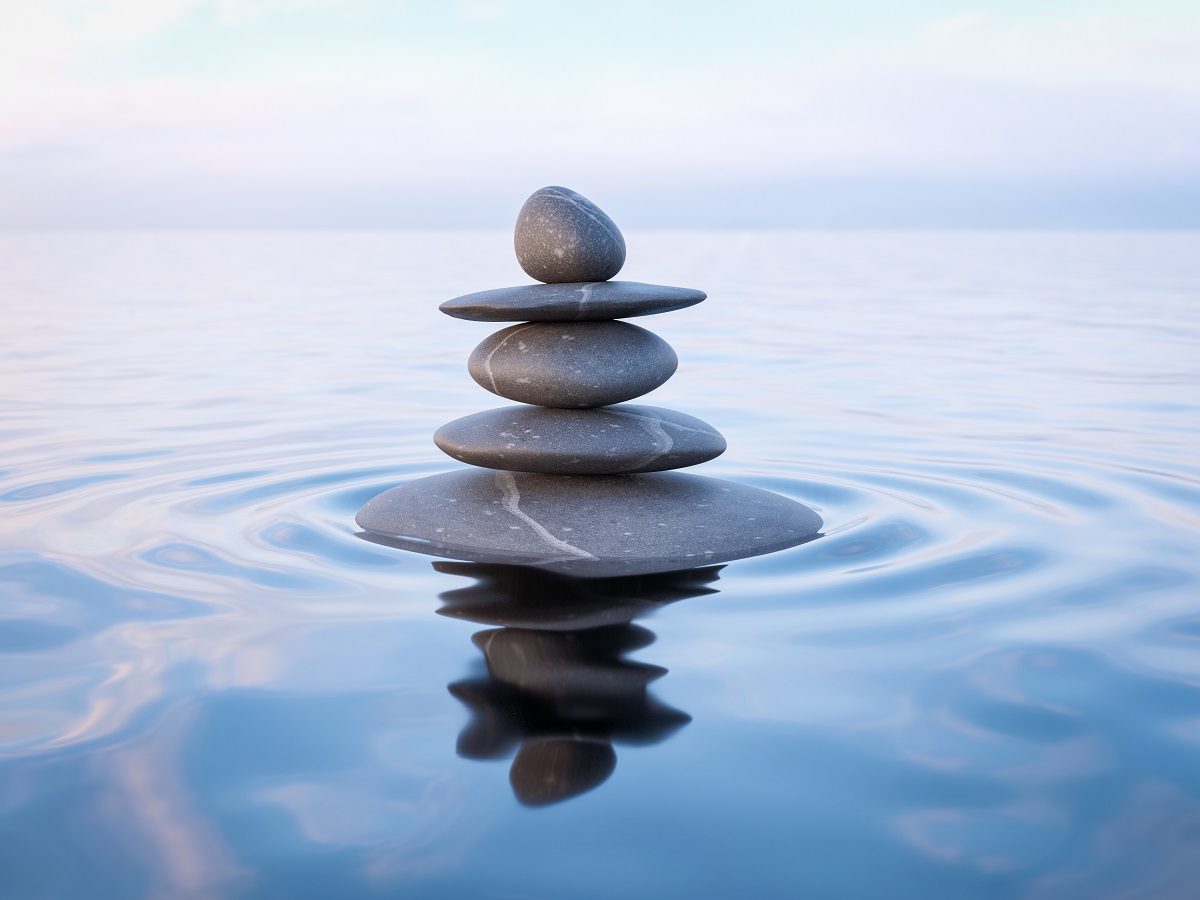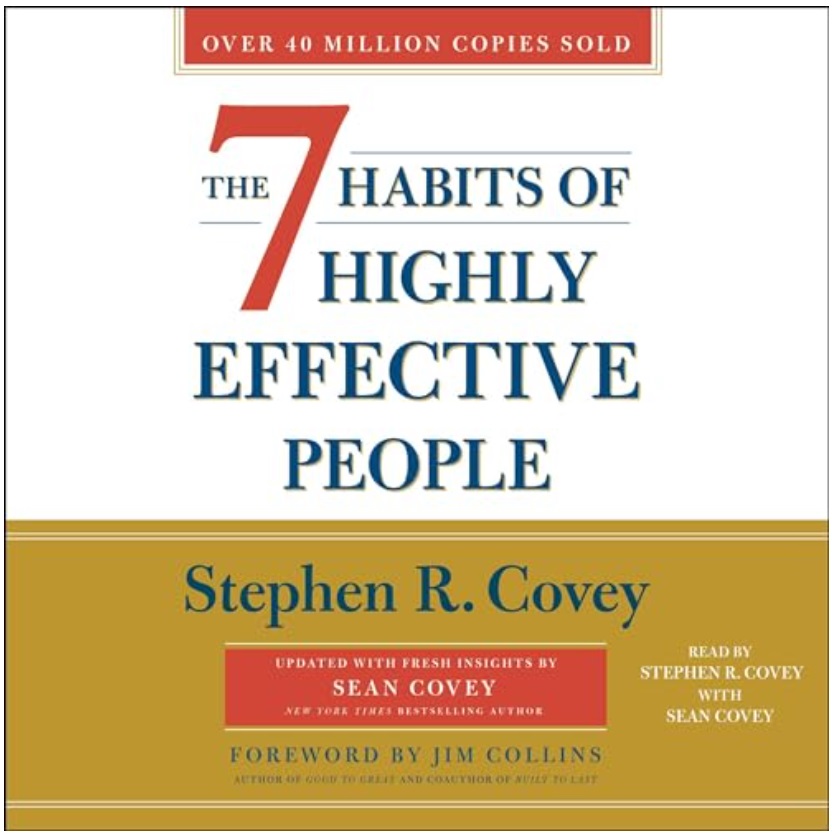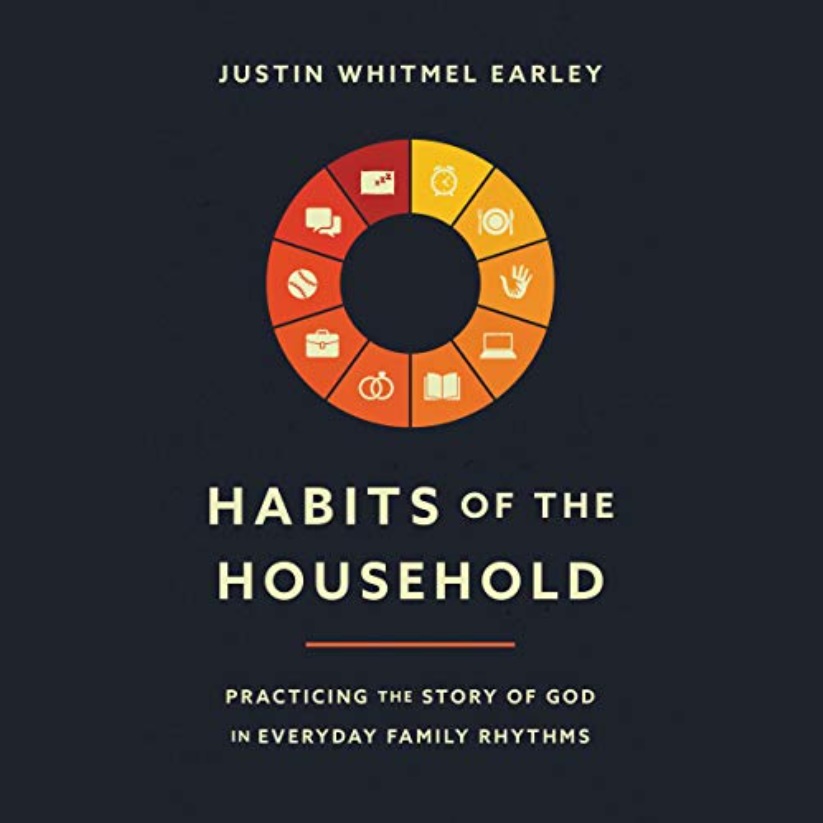- KEY POINTS
- Practicing mindfulness in the evening can significantly reduce daily stress and improve sleep quality.
- Simple habits like deep breathing and reflection help release tension and promote mental clarity.
- Consistent evening mindfulness routines enhance emotional well-being and resilience over time.
Mindfulness has become a buzzword in the wellness community, but what does it actually mean in our day-to-day lives? For me, it started as a way to manage stress during particularly chaotic moments, but over time, mindfulness routines became essential habits that reshaped how I approached life’s pressures.
If you’ve ever felt overwhelmed by work, personal commitments, or just the constant noise of life, I completely understand. The good news is that letting go of stress doesn’t require hours of meditation or expensive retreats. Small, daily routines rooted in mindfulness can transform your mental and emotional well-being.
Table of Contents
ToggleWhy Stress Accumulates and How Mindfulness Helps
Stress tends to build up when we neglect our mental health or ignore signals from our bodies. I used to power through busy days without pausing to check in with myself. By the time evening rolled around, I felt exhausted and mentally drained. I thought the solution was to work harder, but all I did was amplify the stress. That’s when I learned that mindfulness isn’t about avoiding stress; it’s about creating space to process and release it.
Mindfulness routines work because they shift our focus from worrying about the past or future to fully experiencing the present. This small shift in awareness can reduce anxiety, improve focus, and boost overall well-being. I found that even dedicating five minutes to breathing exercises or a quick walk outside helped lower my stress significantly.
Building a Mindfulness Routine that Fits Your Lifestyle
The key to successful mindfulness habits is starting small and being consistent. I initially struggled because I believed mindfulness required perfection – silent meditation for long periods or completely clearing my mind. But the truth is, mindfulness can be as simple as sipping your morning coffee without distractions or taking a few deep breaths between meetings.
Morning Rituals to Set the Tone
Mornings often dictate the pace of the day, so I began incorporating mindfulness as soon as I woke up. Before checking my phone or thinking about my to-do list, I spent two to three minutes focusing on my breathing. This practice grounded me and reduced the chances of starting the day in a rush.
- Mindful Breathing: Sit at the edge of your bed, close your eyes, and take ten slow, deep breaths. Focus on the air entering and leaving your lungs.
- Gratitude Journaling: I keep a journal by my bedside. Each morning, I jot down three things I’m grateful for. This habit shifts my mindset towards positivity.
- Stretching in Silence: I found that gentle stretching with no background noise lets me connect with my body, preparing me for the day ahead.
Midday Mindfulness Breaks
I used to power through lunch while multitasking. Now, I use that break as a reset point in the middle of the day. It’s one of the simplest mindfulness habits that helped reduce stress immediately.
- Walk without Distractions: Step away from your desk and take a five-minute walk outside or around your home. Focus on the feeling of your feet on the ground.
- Breath Awareness Exercise: Pause for one minute. Focus solely on your breath, counting each inhale and exhale. If your mind wanders, gently bring it back.
- Body Scan: This is one of my favorites. I sit quietly and mentally scan from head to toe, noticing areas of tension. This quick exercise helps me release physical stress.
Evening Mindfulness Habits to Unwind and Destress
As the day winds down, I’ve found that evening mindfulness routines are just as crucial as morning rituals. Evening is a time when the body naturally starts to relax, but if stress from the day lingers, it can disrupt sleep and carry over into the next day. I used to struggle with this a lot – my mind would race with thoughts about unfinished tasks or future worries. Through trial and error, I developed a few evening habits that helped me unwind, leaving stress behind and promoting better rest.
Creating a Calming Environment
The environment you create before bed significantly affects your ability to let go of the day’s stress. For a long time, I would watch TV or scroll through social media until I felt tired, only to find myself restless when I finally went to sleep. That’s when I started crafting a more mindful, calming space in the evenings.
- Dim the Lights: About an hour before bed, I dim the lights around the house. It signals to my brain that it’s time to wind down. I even use warm, soft lighting in my bedroom to create a cozy atmosphere.
- Declutter the Space: A cluttered environment often amplifies stress for me. Taking five minutes to tidy up or put away loose items helps my space feel more peaceful.
- Aromatherapy: I light a lavender candle or use essential oils. The calming scents have a powerful effect on my mood, instantly helping me relax.
Evening Rituals for Mindful Reflection
I’ve realized that taking a few moments to reflect at the end of the day is one of the most grounding mindfulness habits I practice. It gives me the space to acknowledge the day’s events, both good and challenging, without judgment.
- Journaling: I spend five to ten minutes writing down thoughts from the day. Sometimes it’s just a stream of consciousness, and other times I reflect on specific moments. This clears my mind, making it easier to sleep.
- Gratitude Practice: I write down three things that went well during the day. Reflecting on positive moments helps shift my focus away from stress.
- Visualization Exercise: If I’m particularly anxious, I do a quick visualization exercise. I imagine placing all my worries into a mental “box” and closing it for the night. It may sound simple, but it helps me mentally disconnect from stress.
Wind-Down Meditation or Breathwork
Breathing exercises are perhaps the most effective way I’ve found to relax in the evenings. I used to underestimate the power of intentional breathing, but even just five minutes makes a noticeable difference.
- 4-7-8 Breathing Technique: Inhale for 4 counts, hold for 7 counts, and exhale for 8 counts. This slows down the nervous system, preparing my body for rest.
- Body Scan Meditation: While lying in bed, I mentally scan from my toes to my head, noticing areas of tension and consciously relaxing each part.
- Mindful Listening: Sometimes, I play soft instrumental music or nature sounds. I focus on each note or sound, letting it guide me into relaxation.
Overcoming Common Challenges to Evening Mindfulness Routines
Even with the best intentions, I’ve faced plenty of obstacles when trying to maintain a consistent evening mindfulness routine. Life can get busy, and sometimes it feels easier to skip these rituals altogether.
However, I’ve learned that overcoming these challenges is part of the process. Each time I return to my practice, I find myself more grounded and better equipped to handle stress.
Battling Restlessness and Overthinking
One of the most common hurdles I encounter is restlessness, especially on days when my mind feels crowded with thoughts. It used to feel like my brain didn’t have an “off” switch at night. I would lay in bed, replaying conversations, worrying about tomorrow, or making mental to-do lists.
- Writing It Down: I keep a small notepad by my bed for moments like these. If something is bothering me, I write it down, reassuring myself that I’ll revisit it in the morning. This simple act helps clear mental clutter.
- Guided Meditations: On restless nights, I turn to guided meditation apps like Calm or Insight Timer. Listening to a soothing voice talk me through a meditation shifts my focus away from spiraling thoughts.
- Progressive Relaxation: I use progressive muscle relaxation, tensing and relaxing different muscle groups. This distracts my mind from overthinking and physically relaxes my body at the same time.
Consistency Over Perfection
I used to believe that I needed to perform my evening rituals perfectly for them to work. If I skipped one night, I felt like I had “failed” and would abandon the habit entirely. Over time, I realized that consistency is about showing up more often than not, even if the practice isn’t flawless.
- Small Wins Count: On particularly hectic evenings, I might only do a 3-minute breathing exercise or reflect on one positive thing from the day. I remind myself that even small efforts contribute to overall well-being.
- Create Visual Reminders: I place visual cues around my space, like a journal on my nightstand or a meditation cushion in the corner of my room. These subtle reminders nudge me to engage with my habits.
- Pair with Existing Routines: One helpful trick I use is pairing mindfulness habits with things I already do. For example, I meditate for a few minutes after brushing my teeth or stretch before getting into bed. Pairing the new with the familiar reinforces the habit without feeling like a burden.
Addressing Disruptions and Setbacks
Life is unpredictable, and some evenings simply don’t allow for my usual mindfulness routine. Whether it’s social commitments, family responsibilities, or unexpected stress, disruptions are inevitable.
- Adapt the Practice: On nights when I’m pressed for time, I scale my routine down. Even a few deep breaths while lying in bed counts as mindfulness.
- Compassion Over Criticism: I remind myself that mindfulness is about self-compassion. When disruptions happen, I let go of any guilt and start fresh the next evening.
- Re-Evaluate When Needed: Occasionally, I reassess my routine to ensure it aligns with my current needs. If something feels like a chore rather than a soothing practice, I adjust it. The goal is to create a sustainable habit that brings peace, not added stress.
Cultivating Gratitude for a More Peaceful Evening
One of the most transformative additions to my evening mindfulness routine has been practicing gratitude. It’s incredible how shifting my focus to positive aspects of my day can ease stress and help me unwind. Gratitude serves as a reminder that even on the most challenging days, there are moments of joy, learning, or connection.
Reflecting on the Day’s Highlights
At first, I found it difficult to recall positive moments after a long, exhausting day. But as I developed this habit, I started noticing small victories and simple pleasures more often.
- Three Good Things: Each night, I reflect on three things that went well during the day. These don’t have to be major achievements; something as simple as enjoying a good cup of coffee or having a pleasant conversation counts.
- Gratitude Journal: I keep a journal specifically for gratitude. Writing down what I’m thankful for helps me solidify those positive feelings and see patterns over time. I’ve noticed that the more I practice this, the more naturally it comes to me.
- Visual Cues: To encourage gratitude, I sometimes leave photos, mementos, or notes where I can see them in the evening. These serve as gentle reminders of people, places, or experiences that bring me joy.
Shifting Focus from Negativity
There was a period when I found myself fixating on everything that went wrong by the end of the day. It’s easy to let negative moments overshadow the good ones. Gratitude became my way of redirecting this habit.
- Reframe the Day: If I’m tempted to dwell on what didn’t go as planned, I consciously shift gears. I ask myself, “What did I learn today?” or “What’s one thing I’m proud of?”
- Celebrate Small Wins: Recognizing small wins reminds me that even minor progress is valuable. Whether I completed a task, resolved an issue, or simply took time for myself, acknowledging it brings a sense of accomplishment.
- Focus on Relationships: I also reflect on the kindness of others. Expressing gratitude for the support or presence of loved ones strengthens my relationships and fosters a sense of connection.
Using Gratitude to Wind Down
Incorporating gratitude into my evening routine naturally signals to my mind that the day is ending on a positive note. It’s like closing a book with satisfaction, knowing I’ve acknowledged the good within the pages.
- Quiet Reflection: I sit quietly for a few minutes and mentally list things I’m grateful for. This simple, tech-free habit helps calm my thoughts.
- Incorporate into Meditation: Sometimes, I combine gratitude with mindful breathing. As I inhale, I focus on something I appreciate; as I exhale, I let go of stress or tension. This rhythmic pattern is incredibly soothing before bed.
- Gratitude Affirmations: Repeating affirmations centered on gratitude is another calming practice. I might say, “I am thankful for the love and support in my life” or “I appreciate the lessons today brought me.”
Conclusion
Letting go of stress at the end of the day doesn’t have to feel like an uphill battle. By incorporating simple mindfulness routines—whether through breathing exercises, gratitude practices, or calming rituals—you can gently transition from the hustle of the day into a space of peace and relaxation.
I’ve found that making mindfulness a consistent part of my evening routine has not only improved the quality of my sleep but has also shifted how I experience my day as a whole. When I end the night with calm reflection or gratitude, I wake up feeling more refreshed and ready to face new challenges.
If you’re just starting, remember that mindfulness doesn’t have to be complicated. Choose one or two small habits to focus on, and build from there. Over time, these evening practices can become an anchor for emotional well-being and personal growth.
So tonight, take a deep breath, slow down, and let the day’s weight melt away. You deserve this moment of peace.






